What Exactly Makes Your Purchase ‘Fair Trade’ & Why You Should Care
“As consumers, we are not often aware of our purchase decisions and their impact on farmers and workers down the production chain. If we were aware of the ground realities, then we would not take a decision knowingly to support exploitative production methods.”
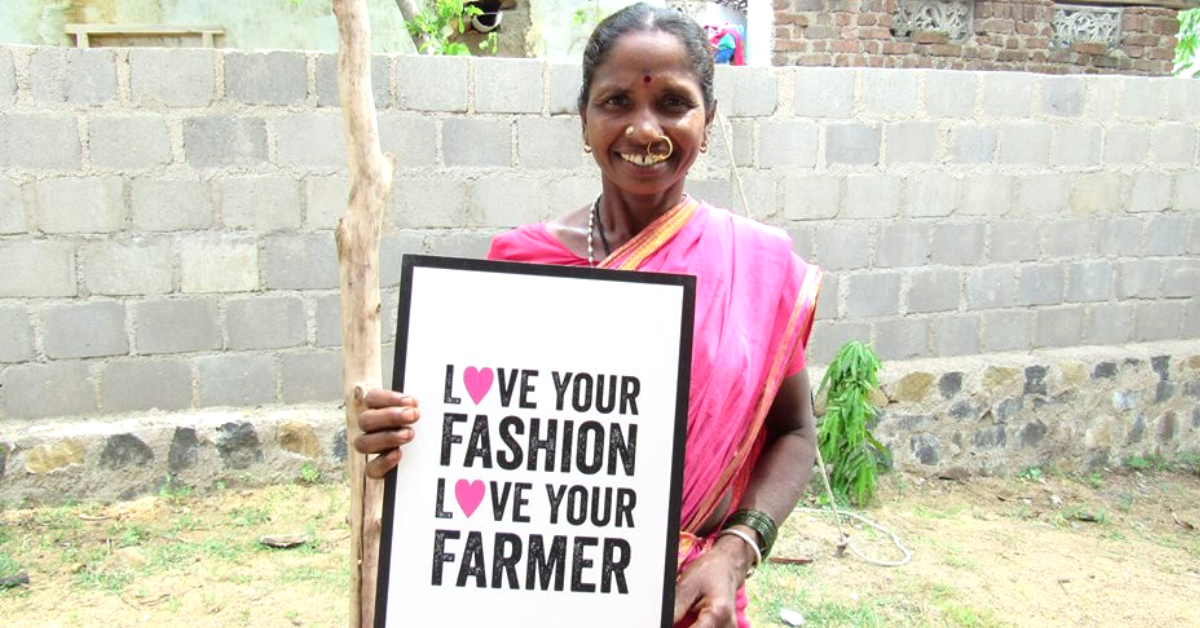
While working on this article, I was reminded of a trip to the interiors of Punjab where I witnessed how small-scale farmers work and survive. Near a farm, I saw a godown filled with sacks of potatoes, which had not been moved for quite some time. The farmer told me that the middleman who normally bought them was not offering a half decent price, so they were just lying there. When I asked him why he could not sell them to someone else or even directly to consumers, he laughed.
He had said, “Didi, that is not how it works here. We don’t have much of a choice. He is the only person I can sell it to, and that is how it has been done for generations!”
That stayed with me for long. Imagine not having a say in who you sell your produce to and how much you sell it for.
It got me thinking about how the food reached our plates, and whether it gave the farmer a fair compensation for his efforts.
I realised that the same could apply to our soaps, clothes, furniture—basically—any product.
Many products carry the label of “Fair Trade” which aims to address this question. In this article, we try to decipher what that means.
What is Fair Trade?
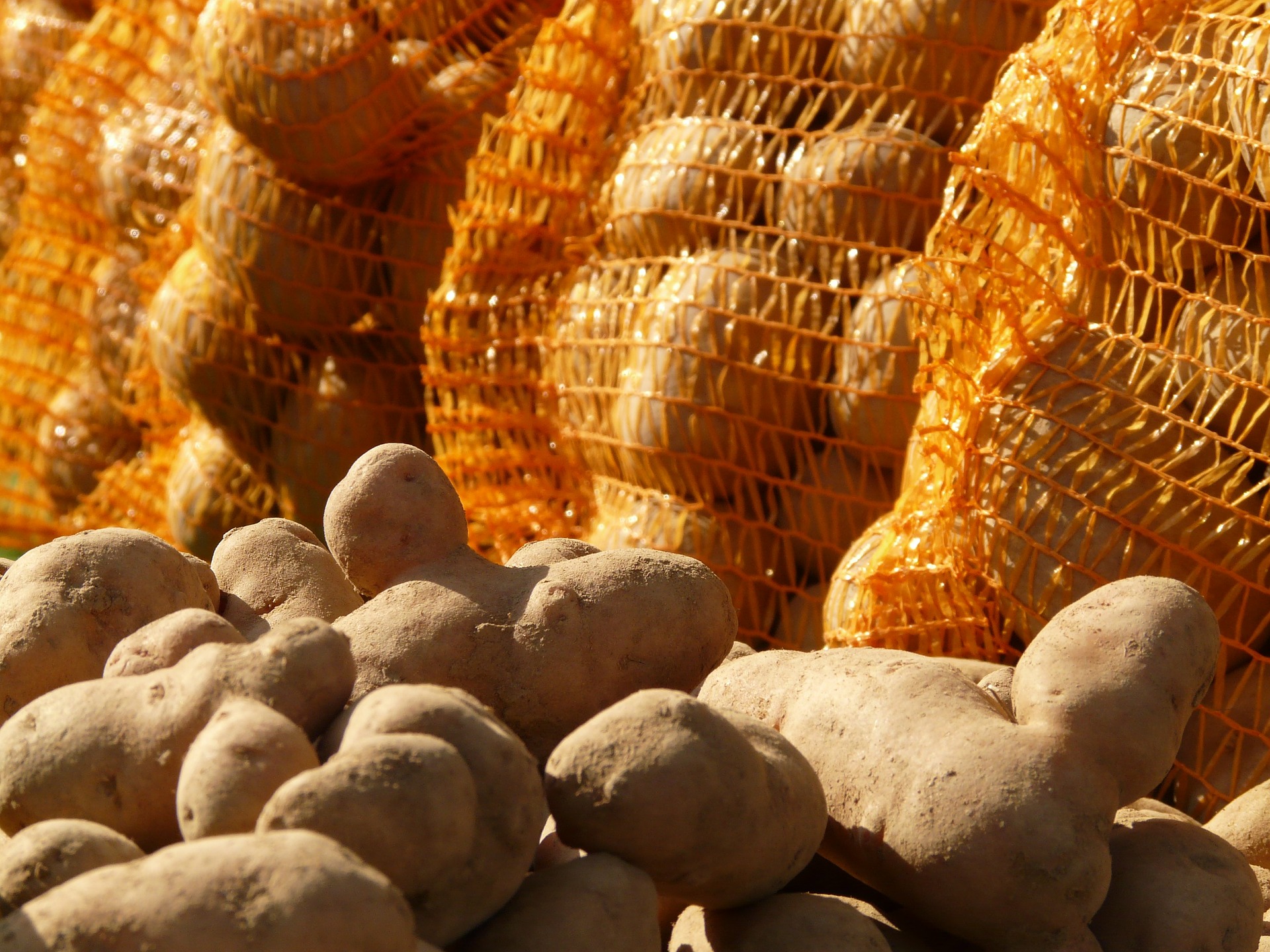
According to the World Fair Trade Organisation (WFTO), “Fair Trade is a trading partnership, based on dialogue, transparency and respect, that seeks greater equity in international trade. It contributes to sustainable development by offering better trading conditions to, and securing the rights of, marginalised producers and workers—especially in the South.” (South here refers to the developing world, and not South India.)
Speaking to The Better India, Abhishek Jani, CEO, FairTrade India, says, “Fair Trade is a global movement aimed towards achieving sustainability, looking specifically at our everyday choices of food and fashion.”
Why is Fair Trade important?
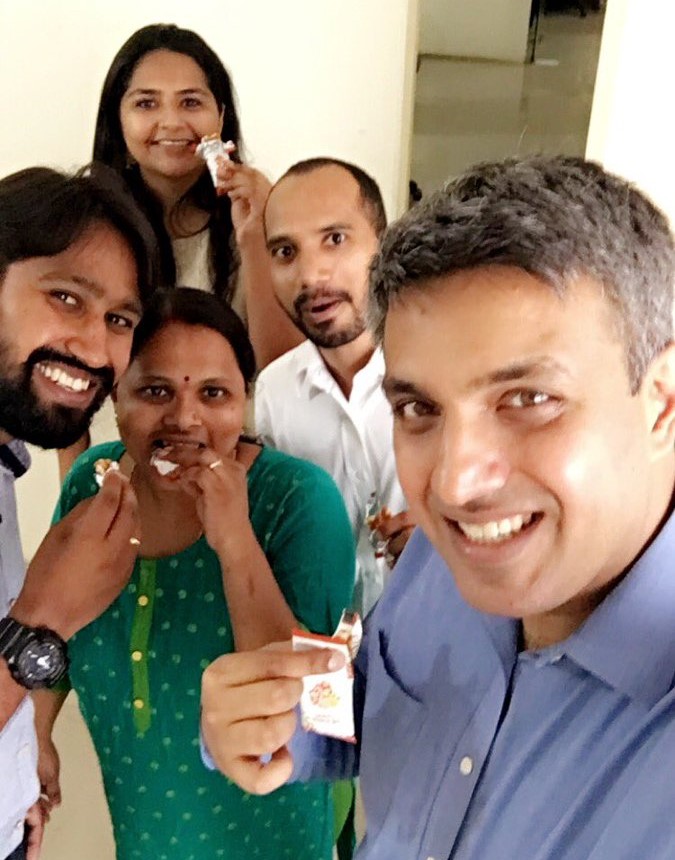
When you purchase a new pair of jeans or the latest shoes, you might not stop to think about who made them or where they were produced.
Chances are that the factory does not practise any sustainable or ethical practices, garnering the possibility that your pair of jeans or shoes were made by a minor, who may or may not even be paid for it.
A lack of knowledge into production processes makes us oblivious to the ground realities. But ensuring that organisations and corporations follow Fair Trade practices will put an end to that.
Abhishek adds, “As consumers, we are not often aware of our purchase decisions and their impact on farmers and workers down the production chain. If we were aware of the ground realities, then we would not take a decision knowingly to support exploitative production methods.”
Here are four reasons why fair trade is important:
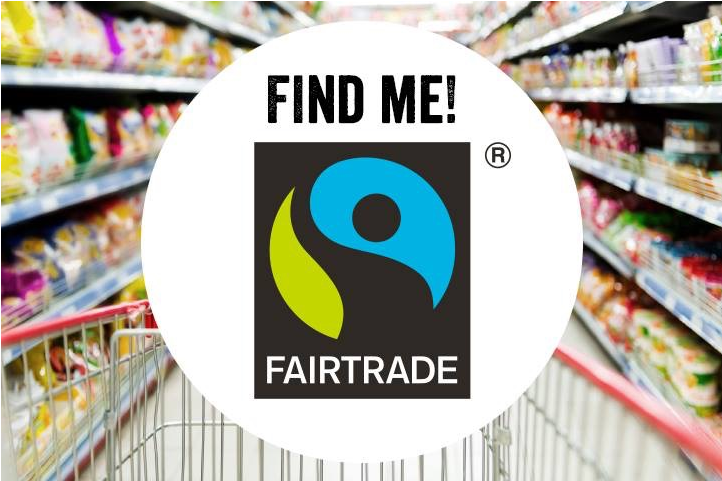
1. Making the conscious decision to purchase products that are fair trade certified will ensure that poverty levels are tackled. Most importantly, fair trade offers a minimum price to producers. However, if prices in the global market drop below this level, farmers selling to fair trade distributors can be sure that they get a fair price.
2. It will also, in turn, encourage the production of environmentally-conscious and friendly products. Fair trade products are also free from genetically-engineered ingredients and produced with limited amounts of pesticides and fertilisers, thus resulting in environmental effectiveness and better products for consumption or use.
Also Read: Can Trade be ‘Fair’ & Gandhian? Meet The Org Giving Handicraft Sales a New Future
3. Following fair trade practices will also help in setting humane work conditions for workers across various sectors. It prohibits child labour and practices a fair wage policy along with adhering to all safety standards.
4. In purchasing certified products, you help the community grow. The excess funds are often utilised for community development programmes like building schools and toilets and providing healthcare facilities, as well as better infrastructure for the farmers.
Manufacturer speaks
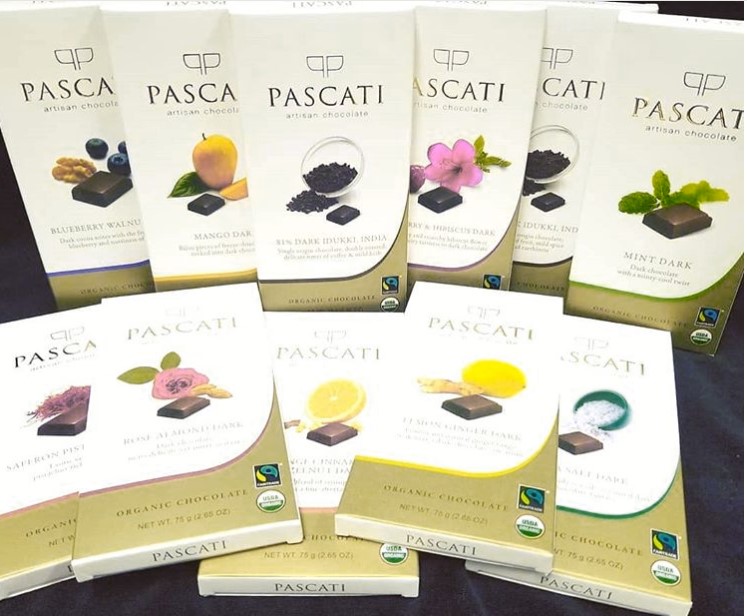
Devansh Ashar, Partner and chief Chocolate Maker at Pascati, has been following the principles of fair trade for nearly four years. Speaking to The Better India, he says, “We ensure that the crop we buy from the farmer is purchased with a fair price per unit. The model is transparent manner and sustainable.”
To get the certification, Devansh suggests reaching out to Fair Trade, an organisation in Bengaluru. He says that while the process may seem tedious, in the long run, it helps make everything transparent.
He adds that there are different kinds of certifications based on the volume of the business. Pascati’s chocolate-making business required multiple ingredients, so it was a longer process which took about four to five months.
An example of fair trade practices followed by Pascati
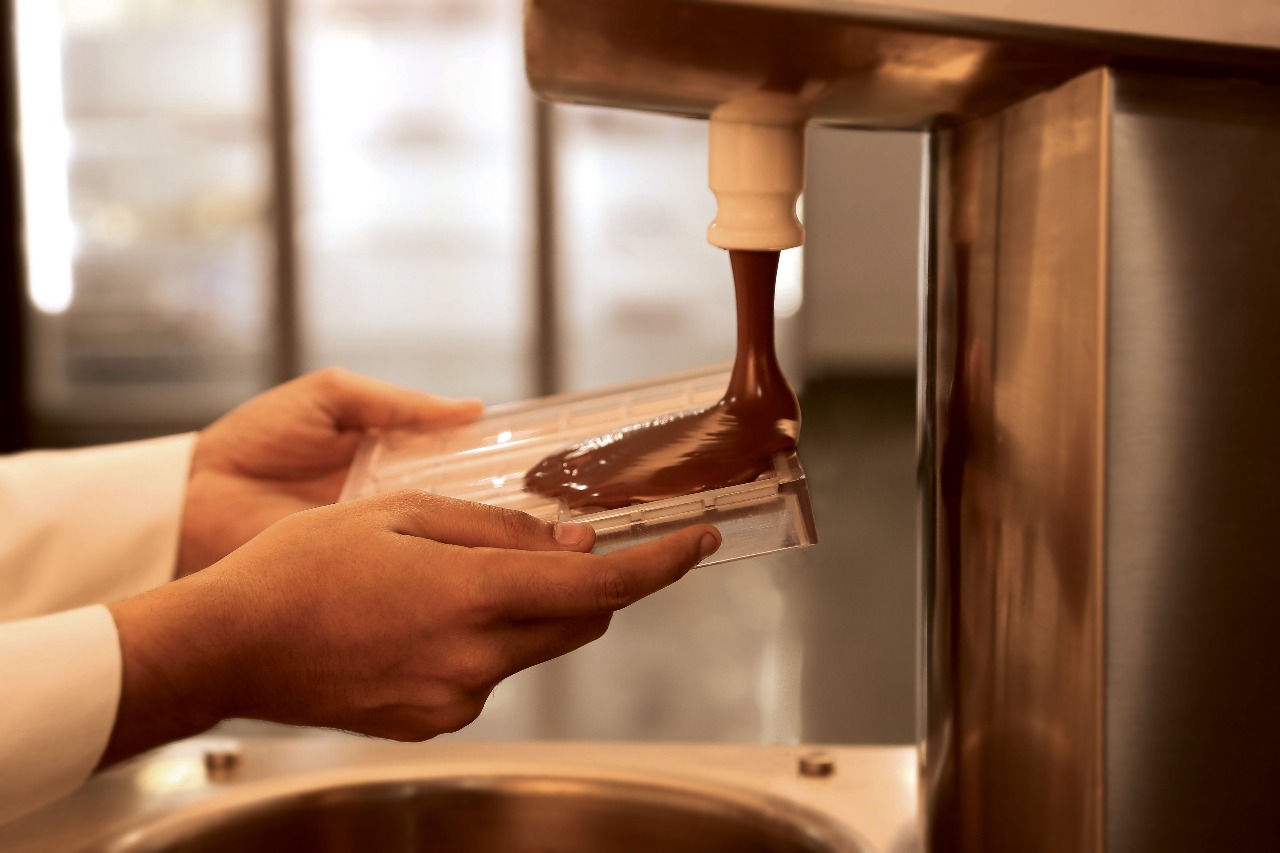
Devansh says, “We pay a fair trade premium price, and know the exact impact we create. Farmers often have the cocoa bean but lack the expertise to dry and ferment them. So through our network, we set up units to help them dry and ferment the seed, to enable us to buy from them directly.”
He observes that the growing awareness among consumers to buy sustainably sourced and produced products ensures that companies put the principles in practice.
Organic, vegan and fair trade are not just buzz words that people use in conversation anymore but a shift in perspective and lifestyle.
Check out Pascati’s fair trade products at The Better India Shop here!
In conclusion, Devansh says, “People ought to be more aware of what they buy. They must be conscious of the supply chain as well. For example, when you step out to buy a packet of milk, don’t just simply pick up the milk that is branded. Make it a practice to understand where it comes from, who produced it, how they benefitted from your purchase. Once that happens, fair trade will become an organic movement.”
You can also buy their cacao powder at The Better India Shop here.
(Edited by Shruti Singhal)
Like this story? Or have something to share?
Write to us: [email protected]
Connect with us on Facebook and Twitter.
If you found our stories insightful, informative, or even just enjoyable, we invite you to consider making a voluntary payment to support the work we do at The Better India. Your contribution helps us continue producing quality content that educates, inspires, and drives positive change.
Choose one of the payment options below for your contribution-
By paying for the stories you value, you directly contribute to sustaining our efforts focused on making a difference in the world. Together, let's ensure that impactful stories continue to be told and shared, enriching lives and communities alike.
Thank you for your support. Here are some frequently asked questions you might find helpful to know why you are contributing?


This story made me
-
97
-
121
-
89
-
167














